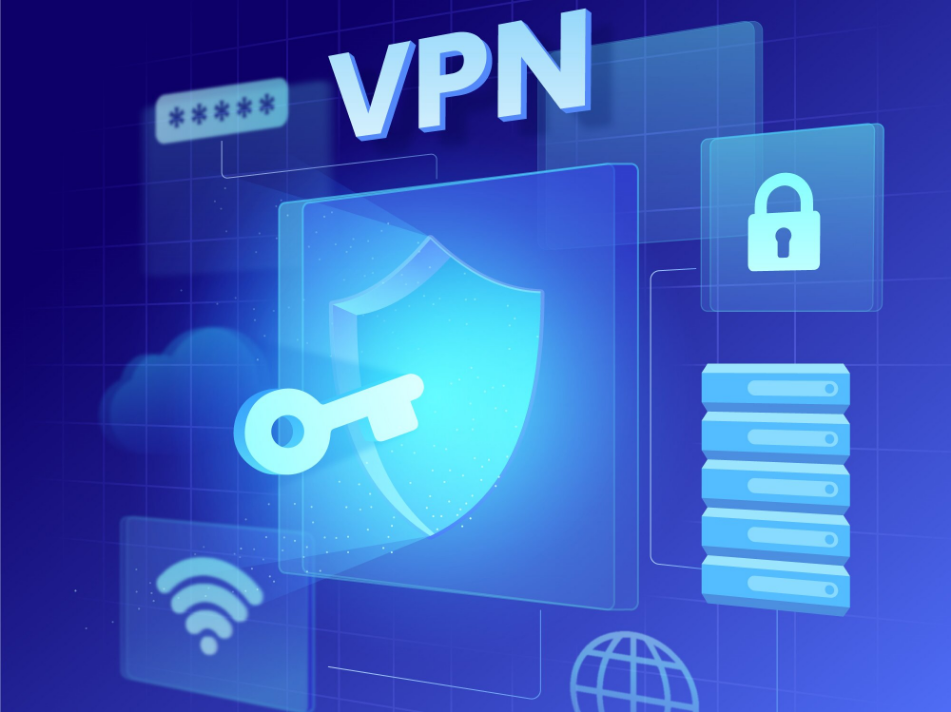- Understanding the safety of VPN apps.
- Real-life examples of VPN vulnerabilities.
Is a VPN app safe to use? This question is more relevant than ever as online privacy concerns grow. In this blog, we’ll delve into the safety of VPN apps, explore their benefits, and uncover potential risks to help you make an informed decision.
Understanding VPNs
Virtual Private Networks (VPNs) are designed to protect your online activity by encrypting your internet connection and masking your IP address. This can enhance privacy and security, especially when using public Wi-Fi networks. However, not all VPNs offer the same level of protection.
1. How safe are VPN apps?
The safety of a VPN app depends on several factors, including the provider’s policies, encryption standards, and potential vulnerabilities. Here’s a closer look:
Provider reputation and policies
Choosing a reputable VPN provider is crucial. Well-known providers like ExpressVPN and NordVPN are transparent about their privacy policies and security practices. Look for providers that do not log user activity, as logging can compromise your privacy.
Encryption standards
Strong encryption is vital for a secure VPN. The best VPNs use AES-256 encryption, which is considered highly secure. Avoid VPNs that use outdated or weak encryption protocols.
Potential vulnerabilities
Despite their benefits, VPNs can have vulnerabilities. For instance, in 2019, several VPN providers were found to have vulnerabilities that could expose user data. Always ensure your VPN is regularly updated to patch any security flaws.
2. Real-life examples of VPN issues
While VPNs can offer significant protection, they are not foolproof. Here are some examples of VPN vulnerabilities:
- NordVPN breach
In 2018, NordVPN experienced a server breach where an attacker gained access to one of its servers. While no user data was compromised, it highlighted the importance of robust security measures and transparency. - Hola VPN controversy
Hola VPN, a popular free VPN service, was found to be selling users’ bandwidth without their knowledge, potentially exposing users to security risks.
Also read: Demystifying anti-DDoS VPN: Enhancing cyber security
Also read: YouTube cancels Premium subscriptions using VPN
Additional considerations
When evaluating VPN safety, consider these additional factors:
- Free vs. paid VPNs
Free VPNs often come with significant trade-offs, such as limited features, slower speeds, and privacy risks. Paid VPNs generally offer better security and performance. - Jurisdiction and data privacy
The country where a VPN provider is based can affect your privacy. Providers in countries with strict data retention laws may be required to hand over user data to authorities. Opt for VPNs based in privacy-friendly jurisdictions.
Personal perspective
From my experience, using a reputable VPN can significantly enhance your online security and privacy. However, it’s essential to do thorough research and choose a VPN that aligns with your privacy needs and values. A VPN is not a one-size-fits-all solution but a tool that, when used wisely, can offer robust protection against online threats.
VPNs can be a powerful tool for protecting your online privacy, but they are not without risks. Always choose a reputable provider, understand the limitations of your VPN, and stay informed about potential vulnerabilities. Your online safety is ultimately in your hands, so make sure to use VPNs wisely and stay vigilant.

